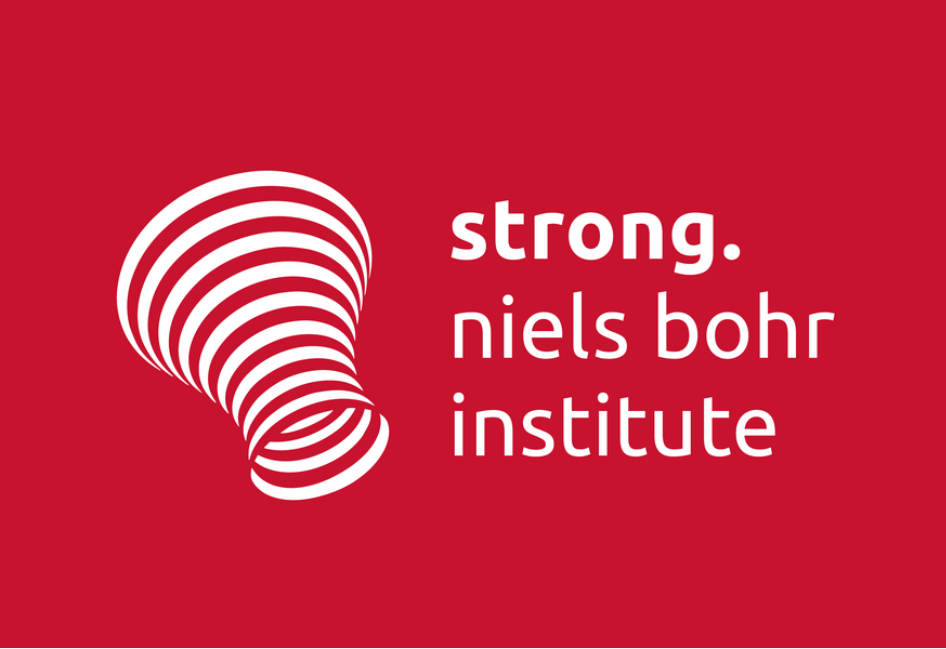The Strong Group receives visitors in 2022
 The Strong Group at the Niels Bohr International academy will be visited by a number of researchers in 2022 - find out who they are below
The Strong Group at the Niels Bohr International academy will be visited by a number of researchers in 2022 - find out who they are below
The Strong Group will be visited by the following researchers in 2022.
Professor Kei-ichi Maeda, Professor Emeritus at Waseda University, Tokyo, Japan
Dr. Kei-ichi Maeda is a professor emeritus at Waseda University, Tokyo, Japan.He received his Ph.D. in Physics at Kyoto University and held postdoctoral positions at Yukawa Institute for Theoretical Physics (Kyoto, Japan), SISSA (Trieste, Italy), ICTP (Trieste, Italy) and Meudon Observatory (Paris, France). He then became an assistant professor at the University of Tokyo, and moved to Waseda University. He retired from Waseda University at March 2021 after working for 31 years as a full professor of physics, during which he had directed 40 PhD students.
Dr. Kei-ichi Maeda organized the first JGRG meeting (Workshop on General Relativity and Gravitation in Japan) at 1990 just after he moved from the University of Tokyo to Waseda University. After then he has been working every year for the organization of this series of workshops, which have been continued more than 30 years.
His research covers many areas of gravitational physics and cosmology. He has written about 200 papers including several highly cited papers on higher-dimensional gravitational theories and brane-world scenario. He is now interested in two main topics: Gravitational Wave Physics and Dark Energy.
Visiting period: September 29 – October 13, 2022
Caio Macedo, Adjunct Professor at the Federal University of Pará, Brazil
Caio Macedo obtained his PhD in Physics at the Federal University of Pará, Brazil. Caio is a world expert in relativistic perturbation theory, with important contributions to the physics of compact objects. Caio Macedo is currently employed as an adjunct professor at the Federal University of Pará - Salinópolis Campus. He works with compact objects, with experience in perturbation theory in stars and black holes.
Visiting period: September 9 – November 9, 2022
Justin C. Feng, Post.doc. at the Instituto Superior Técnico, Departamento de Física/CENTRA
Justin C. Feng is a postdoctoral researcher at the Centro de Astrofísica e Gravitação - CENTRA, a research unit at Instituto Superior Técnico, University of Lisbon. He earned his PhD in Physics from The University of Texas at Austin, and B.S. in Physics from the University of California, Irvine. Justin has published papers on a variety of topics in general relativity and gravitation, ranging from practical problems such as relativistic positioning systems, to theoretical subject areas such as generalized Killing vectors and modified gravity theories. His current research focuses on emergent Lorentz signature mechanisms and applications of scientific machine learning tools to gravitational problems.
Visiting period: August 13 - September 2, 2022
Enrico Cannizzaro, PhD student from Rome
Enrico is working on the effects that astrophysical environments have on high energy phenomena, and on wave propagation.
Visiting period: September 12 - October 12, 2022
Xiao Xue, Postdoc at University of Hamburg and DESY
Xiao is currently a postdoctoral researcher at the University of Hamburg and DESY. Her current research interest is the interplay between black hole physics and dark matter, gravitational waves, and axions. She is also experienced in the Pulsar Timing Array-related research and analyses.
Visiting period: October 2 - October 9, 2022
Richard Brito, Junior Researcher at Instituto Superior Técnico, University of Lisbon
Richard Brito is currently a Junior Researcher at the Centro de Astrofísica e Gravitação - CENTRA, a research unit at the Instituto Superior Técnico, University of Lisbon. He earned his PhD in Physics from the Instituto Superior Técnico in 2016. He then held a postdoctoral position at the Max Planck Institute for Gravitational Physics in Potsdam, Germany, before moving to the Università degli Studi di Roma La Sapienza as a Marie Curie Fellow. He is the co-author of a book on the physics of "Superradiance", published in Springer's book series "Lecture Notes in Physics". He is a full member of the LISA consortium, the Einstein Telescope collaboration, as well as being member of the ngEHT Fundamental Physics Working Group. His research focuses on black-hole and gravitational-wave physics, and in particular he is interested in understanding how current and future observations of black holes and gravitational waves may help to solve fundamental problems in physics, such as the nature of dark matter.
Visiting period: October 2 - October 15, 2022
